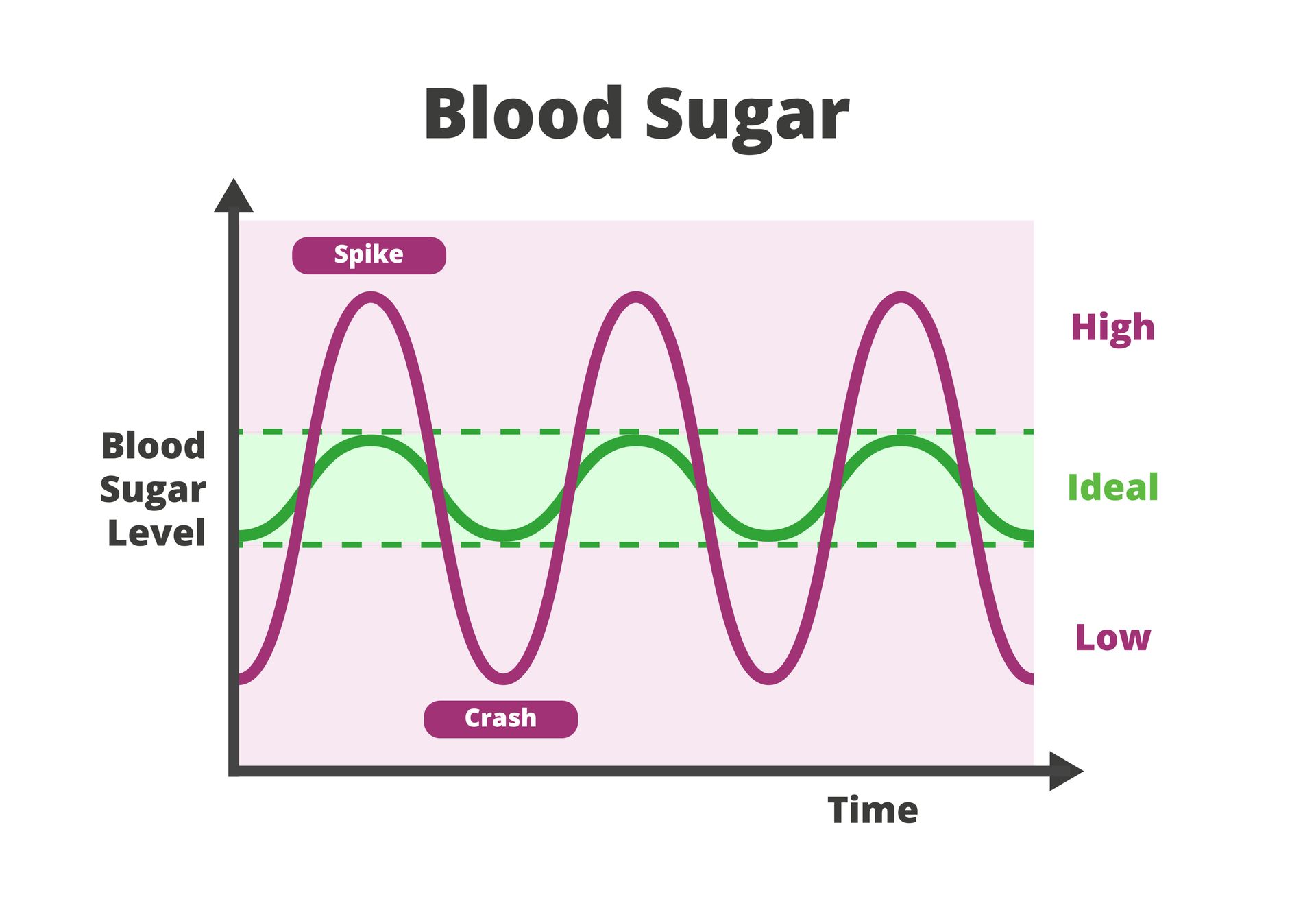Recent Posts
How Often Should You Get a Blood Test? It Depends on These Factors

Blood tests are one of the most important tools in modern healthcare. They provide a window into what’s happening inside your body, sometimes revealing health issues long before you notice any symptoms. But a common question many people have is: How often should I get a blood test?
The answer isn’t the same for everyone. Frequency depends on factors such as age, medical history, lifestyle and existing health conditions.
Why Blood Tests Matter
Blood tests measure a variety of markers that indicate how well your body’s systems are functioning. Some of the most common types of blood tests include:
- Complete Blood Count (CBC): Checks red and white blood cells, platelets and overall blood health.
- Lipid Panel: Measures cholesterol and triglyceride levels to assess heart health.
- Blood Glucose Test:
Screens for diabetes and blood sugar imbalances.
- Liver and Kidney Function Tests: Assess markers that indicate liver and kidney function to monitor overall organ health.
- Thyroid Panel: Evaluates hormone levels for metabolism and energy regulation.
These tests can detect hidden health issues such as anemia, high cholesterol, infections, diabetes or organ damage long before symptoms arise.
General Guidelines for Blood Test Frequency
For healthy adults with no chronic conditions, many doctors recommend having a routine blood test once a year. This annual checkup allows providers to monitor changes, compare results year over year, and catch early signs of disease.
However, annual testing is just a baseline. The ideal frequency depends on your unique health profile and risk factors.
Factors That Influence How Often You Should Be Tested
1. Age
As you get older, your risk of chronic illnesses like heart disease, diabetes and high cholesterol increases. Adults over 40 may need more frequent blood work, especially if they have other risk factors. Seniors often benefit from semi-annual testing to monitor key health indicators.
2. Medical History
If you have a personal or family history of conditions like diabetes, thyroid disease, high cholesterol or cancer, your doctor may recommend testing every 3–6 months. These checkups allow for early intervention if markers begin to shift.
3. Current Health Conditions
For people already living with chronic illnesses, blood tests are a vital part of disease management. For example:
- Diabetes: May require blood sugar tests every 3 months.
- High Cholesterol: Follow-up tests every 6–12 months.
- Thyroid Disorders: Testing every 6–12 months, or more often if medication is being adjusted.
4. Lifestyle Factors
Unhealthy lifestyle habits can increase the need for regular testing. Smoking, excessive alcohol consumption, poor diet or lack of exercise all elevate risks for heart disease, liver damage and metabolic issues. In these cases, more frequent testing may be necessary.
5. Medications
Certain medications require regular blood monitoring. For example, people on blood thinners, cholesterol-lowering drugs or medications that affect the liver may need routine tests to ensure safety and effectiveness.
6. New or Unexplained Symptoms
If you develop unusual fatigue, unexplained weight loss, persistent infections or other concerning symptoms, your provider may order blood tests regardless of when your last one was.
The Role of Preventive Care
Even if you feel perfectly healthy, regular blood tests can provide reassurance and early detection. Preventive care often means the difference between managing a minor issue and facing a major medical event. For example:
- A slightly elevated blood sugar reading can prompt lifestyle changes before diabetes develops.
- A borderline cholesterol result can lead to early diet and exercise interventions, reducing heart disease risk.
- Abnormal liver enzymes might reveal medication side effects before permanent damage occurs.
Skipping routine blood tests can be risky; your body may be signaling problems that only a lab can detect.
How to Prepare for a Blood Test
To ensure accurate results, some blood tests require fasting for 8–12 hours beforehand, particularly lipid panels and glucose tests. Always follow your provider’s instructions about eating, drinking or taking medications before a test. Staying hydrated is also important since dehydration can affect results.
Making Blood Tests Part of Your Health Routine
Think of blood tests as part of your overall wellness plan, not just something to do when you’re sick. Keeping a consistent schedule makes it easier for your healthcare provider to spot trends and intervene before problems escalate. You can better protect your long-term health by:
- Scheduling annual checkups around the same time each year.
- Keeping a personal record of your results to track changes.
- Asking your provider which specific tests you should prioritize.
Schedule Your Next Blood Test at Our Healthcare Center
At St. Hope Healthcare, we know that every patient is unique. That’s why we tailor blood test recommendations based on your age, health history and lifestyle. Our compassionate team is committed to preventive care and early detection, helping you stay one step ahead of potential health issues.
Don’t wait until symptoms appear. Make blood testing a regular part of your health routine. Schedule your appointment with St. Hope Healthcare today or give us a call at (713) 778-1300.









